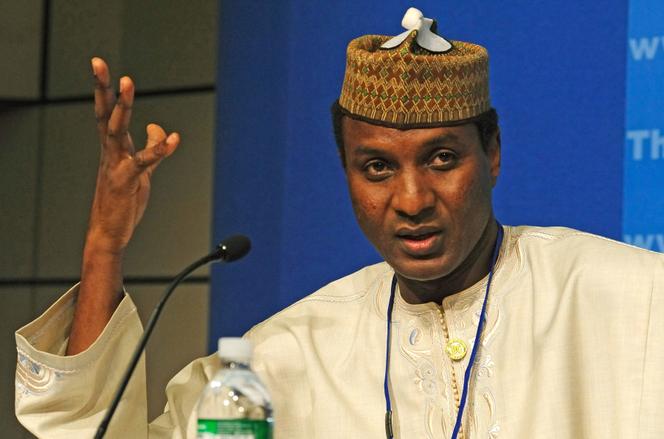


Niger has a new prime minister. The junta led by General Abdourahamane Tiani appointed Lamine Zeine, a 58-year-old economist, as head of government on the evening of Monday, August 7. This comes 12 days after the coup against President Mohamed Bazoum, who is still being held by the men of the Presidential Guard. Zeine's appointment comes at a time when initiatives in favor of a diplomatic solution to the crisis have resumed in Niamey.
A well-known figure among Nigeriens, the new prime minister is no novice to politics. He also enjoys a reputation as a competent technocrat. Trained at the National School of Administration in Niamey and a graduate of Marseille's Centre d'Etudes Financières, Économiques et Bancaires and Université Paris 1 Panthéon-Sorbonne, he began his career at the Ministry of Economy and Finance in 1991 under the transitional government led by Amadou Cheiffou, and in the aftermath of the National Conference for Civil Peace that marked the advent of multi-party democracy in Niger.
Zeine later became chief of staff to President Mamadou Tandja, a military officer who had taken part in the putsch against President Diori Hamani before becoming president in 1999. Appointed minister of finance in 2003, the economist kept the job until Tandja's ousting in February 2010. The putsch led to elections a year later, during which Mahamadou Issoufou, was elected president.
A native of Zinder, the second most populous city in southern Niger, Zeine is the first Toubou – an ethnic group mainly found in the north and east of the country – to become prime minister. He has a solid address book in West Africa, built up from when he worked for the African Development Bank (ADB) in Côte d'Ivoire and Gabon. Until now, he was the African financial body's representative in N'Djamena, the capital of Chad.
His appointment by the National Council for the Safeguard of the Homeland (CNSP, the ruling military body) was announced the day after the expiration of the ultimatum set by the Economic Community of West African States (ECOWAS) for the putschists to release President Bazoum and restore him to office. Three other posts were also reallocated on Monday.
Brigadier General Amadou Didilli, previously secretary general of the Ministry of Defense, was appointed to head the High Authority for the Consolidation of Peace (HACP), a politico-military public body set up in 1995 to monitor the implementation of the peace agreements signed that year with Tuareg rebel groups. He replaces General Mahamadou Abou Tarka.
You have 49.53% of this article left to read. The rest is for subscribers only.
